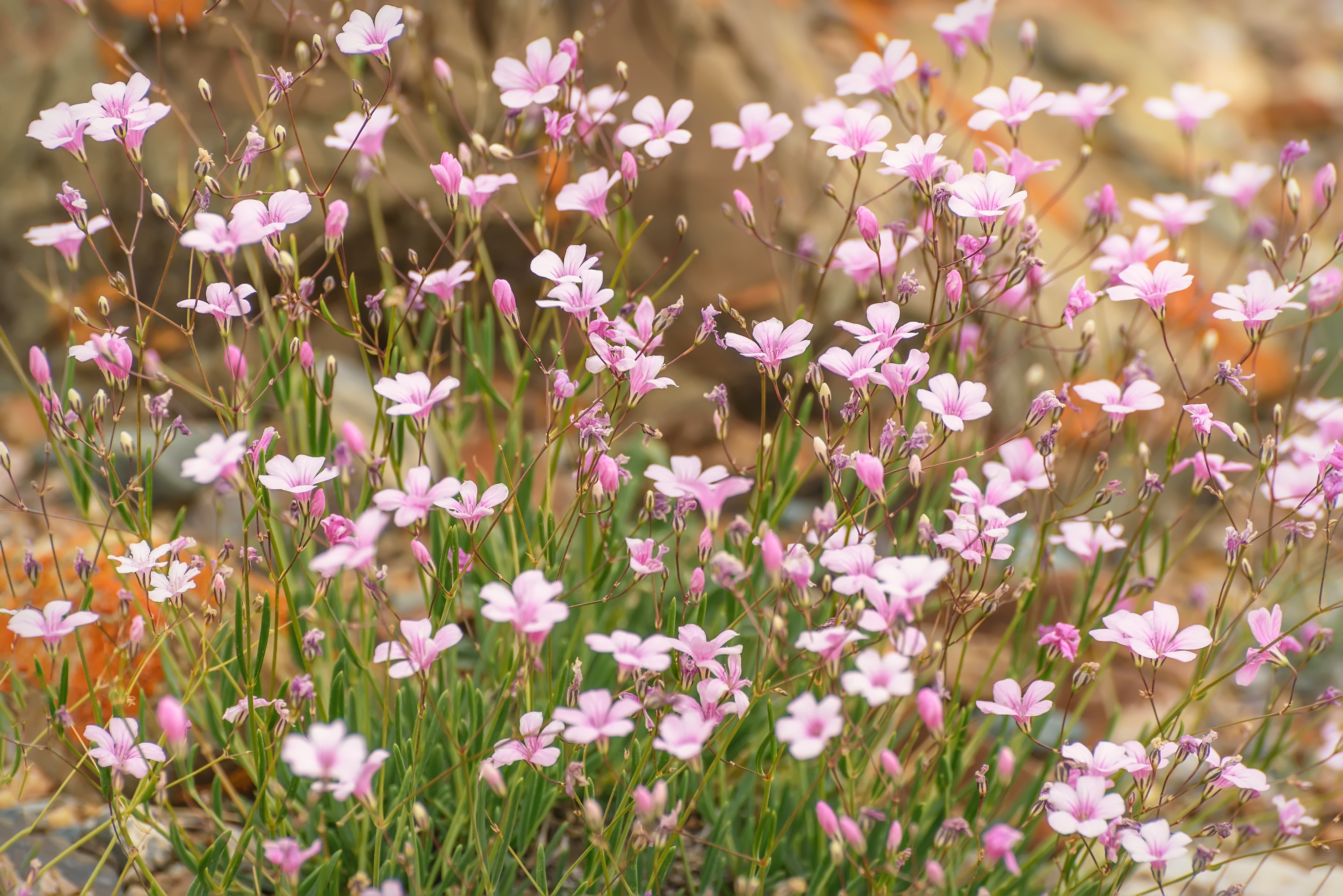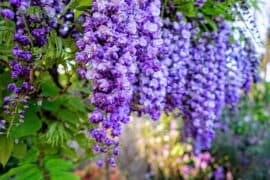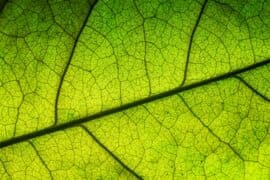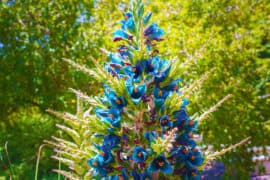Gypsophila patrinii
(Gypsophila patrinii)

Description
Gypsophila patrinii is a species of flowering plant. This was first described by Nicolas Charles Seringe. Gypsophila patrinii belongs to the genus Gypsophila, and family Caryophyllaceae. Gypsophila is a genus of flowering plants in the carnation family, Caryophyllaceae. They are native to Eurasia, Africa, Australia, and the Pacific Islands. Turkey has a particularly high diversity of Gypsophila taxa, with about 35 endemic species. Some Gypsophila are introduced species in other regions. The genus name is from the Greek gypsos ("gypsum") and philios ("loving"), a reference to the gypsum-rich substrates on which some species grow. Plants of the genus are known commonly as baby's-breath, or babe's breath, a name which also refers specifically to the well known ornamental species Gypsophila paniculata. Gypsophila is one of the most heterogeneous and largest groups in the carnation tribe, Caryophylleae. The genus comprises approximately 150 species of annual or perennial herbaceous, creeping or cushion-forming plants, inhabiting primarily the mountainous steppes in the north temperate part of the Old World with a diversification hotspot in the Irano-Turanian region. These species also show major variation in inflorescence type ranging from many-flowered lax thyrses or panicles (e.g., G. elegans M.Bieb., G. paniculata L., G. pilosa Huds.) to compact head-like cymes ( G. capitata M.Bieb., G. capituliflora Rupr., G. caricifolia Boiss.), and few-(uni-)flowered raceme-like monochasia (e.g., G. bazorganica Rech.f., G. saponarioides Bornm. & Gauba). Each small flower has a cup-like calyx of white-edged green sepals containing five petals in shades of white or pink. The fruit is a rounded or oval capsule opening at valves. It contains several brown or black seeds which are often shaped like a kidney or a snail shell.
Taxonomic tree:







